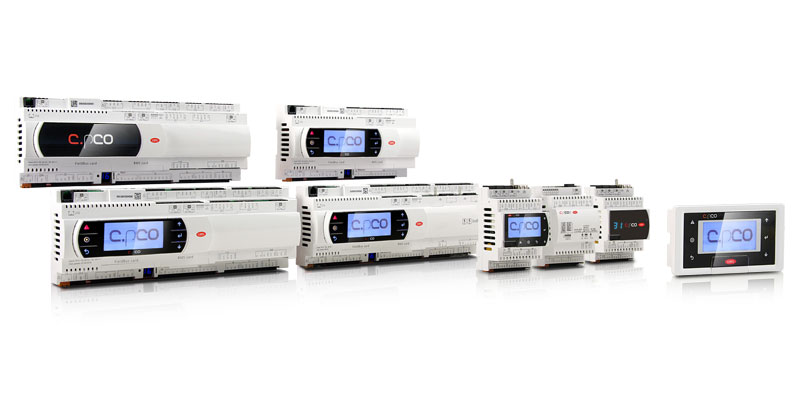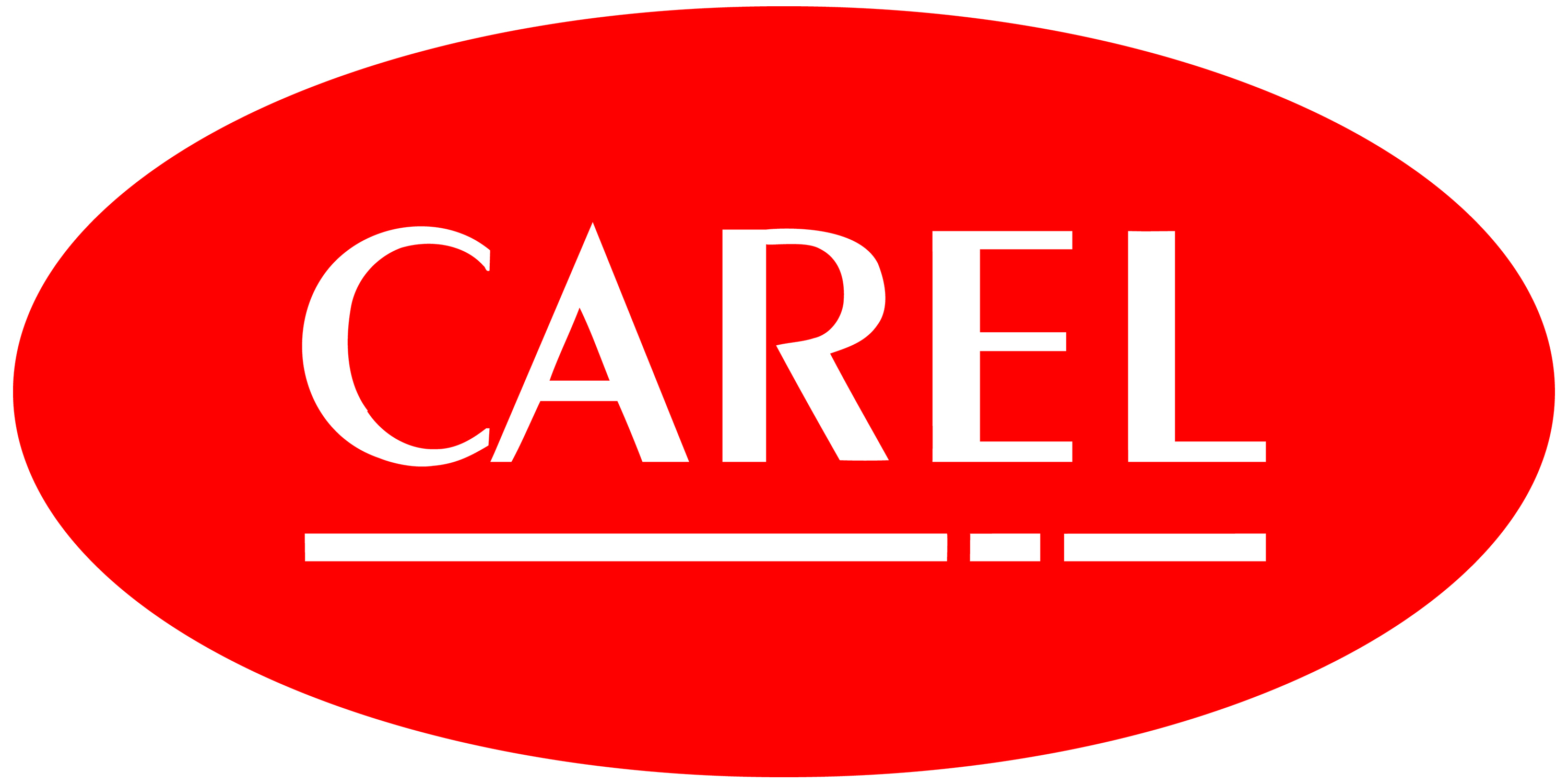Controladores eletrónicos

Los controladores electrónicos utilizan una tecnología que adquiere toda la información de las unidades o del sistema en su conjunto (temperatura, presión, consumo energético, etc.), y que luego procesan para asegurar un control óptimo de todos los componentes. Por lo tanto, ahorran cantidades considerables de energía.
To give some examples relating to refrigeration, automatic recognition of low load conditions (e.g. operation at night) means bottle coolers can save up to 30% energy by adjusting operating temperature or automatically switching off the lights or fans. Serial communication between controllers on different units, such as multiplexed showcases, compressor racks and air-conditioning units in a supermarket, helps reduce peaks in consumption by preventing high power electrical loads from being activated simultaneously, and reduce energy consumption by producing only the “cooling” that’s strictly required at any given time.
To give some examples relating to air-conditioning, the possibility to coordinate activation of a series of refrigeration units serving the same space avoids inefficient use of these at part load, i.e. when just one or two units need to work at full load. Integration of all the refrigerant circuit components under the same control logic can increase efficiency by up to 10-15%, allowing units to operate outside of design conditions for limited, controlled periods without reliability problems and without interruptions.
The reliability ensured by using electronics to measure all temperature and pressure values, unit operating status or anomalies extends operation both as regards range and life.
Productos relacionados
| Sistema c.pCO |  |
| Sistema pCO |  |
¿Necesitas más información? KNOWLEDGE CENTER
KNOWLEDGE CENTER
